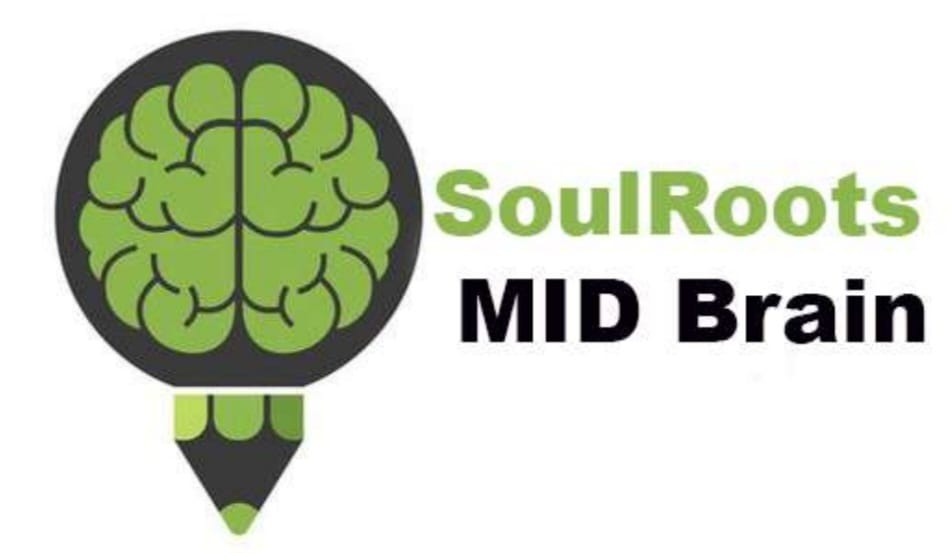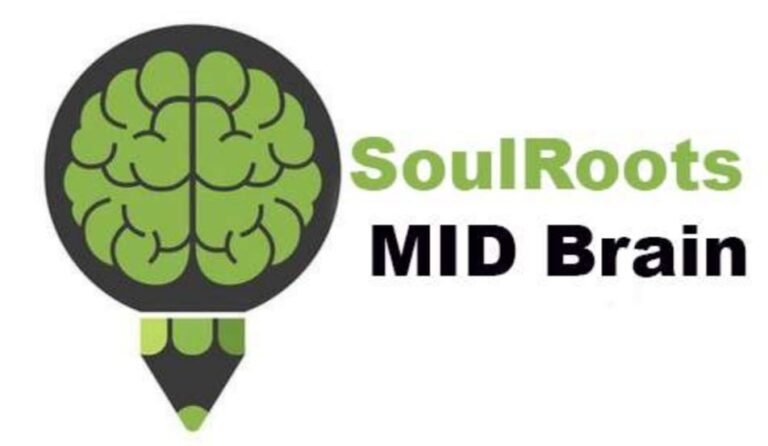Children are full of energy and curiosity. But when daydreaming, fidgeting, and impulsive actions impact daily life, it might suggest a deeper issue. Attention Deficit Hyperactivity Disorder (ADHD) plays a crucial role here. Grasping what ADHD means is vital for parents and caregivers. This guide seeks to simplify medical terms to enhance understanding and help tackle this challenge with confidence.

Decoding ADHD: Types and Symptoms
ADHD is a brain development issue affecting attention, activity levels, and self-control. It’s not just a case of inattentive minds or restless bodies. Instead, it’s a specific condition with identifiable traits.
ADHD manifests in three primary types:
- Inattentive Type: Kids might not follow tasks or seem absent-minded. Losing items and missing details is common.
- Hyperactive-Impulsive Type: This involves constant moving, inability to sit still, and interruptions during conversations.
- Combined Type: Appears as a mix of inattentive and hyperactive behaviors.
Symptoms Vary with Age:
- Children: Difficulty paying attention in class, constant motion, and impulsive actions.
- Adolescents: Trouble organizing tasks and trouble focusing on activities or schoolwork.
- Adults: Struggles with time management, organizing tasks, and remembering appointments.
Understanding the ADHD and symptoms it presents helps decide when professional advice is necessary.
Recognizing Signs and Symptoms Early: A Benefit for Children
Spotting ADHD early involves looking closer at behaviors. Common flags include: – Has trouble waiting for turns – Often fidgeting with hands or feet – Easily distracted by external stimuli
Children showing these signs benefit from early diagnosis. Early intervention in ADHD helps children manage symptoms better and improves their success in school and other areas.
Navigating Diagnosis and Understanding Treatment Options
How do experts identify ADHD? It’s not through a single test. Experts use information from various sources such as parents, teachers, and medical evaluations.
Once diagnosed, treatment comes into play.
Medication: Medication can balance chemicals in the brain, helping improve focus. – Therapy: Behavioral therapy teaches better coping strategies.
Holistic: Techniques like mindfulness aid with overall well-being.
Knowing these options helps parents choose what’s right for their child with Attention Deficit Hyperactivity Disorder.
Everyday Management Tactics for Parents and Caregivers
Living with ADHD requires patience and practical strategies. Here’s how caregivers can manage day-to-day challenges:
- Routines: Consistent schedules provide much-needed structure.
- Positive Reinforcement: Reward good behavior to encourage repetition.
- Break Tasks: Divide tasks into smaller, manageable parts to prevent feeling overwhelmed.
- Create Supportive Spaces: Ensure environments at home and school minimize distractions.
Adopting such tactics can ease the strain of managing ADHD and symptoms at home.
Addressing Cultural Challenges: The Indian Context
In India, children with ADHD face unique hurdles. Social norms often expect perfect compliance from children, leading to misunderstandings about ADHD.
To cater to this challenge, culturally relevant methods, like using extended family support, help provide understanding and support. Recognizing these distinct factors aids in the inclusive management of Attention Deficit Hyperactivity Disorder.
Dispelling Myths and Building Empathy Around ADHD
Misunderstandings about ADHD abound. Many think it stems from bad parenting or is merely an excuse for misbehavior.
- It’s not a result of poor discipline.
- Empathy and informed communities create a nurturing environment.
Promoting open discussions encourages understanding and reduces stigma around Attention Deficit Hyperactivity Disorder, fostering healthier conversations and practices.
In summary, grasping ADHD essentials cultivate empathy and better care for kids navigating these challenges. Understanding, supporting, and empathizing is key to their growth and well-being. For additional resources and support for families dealing with ADHD, consider SoulRoots.



